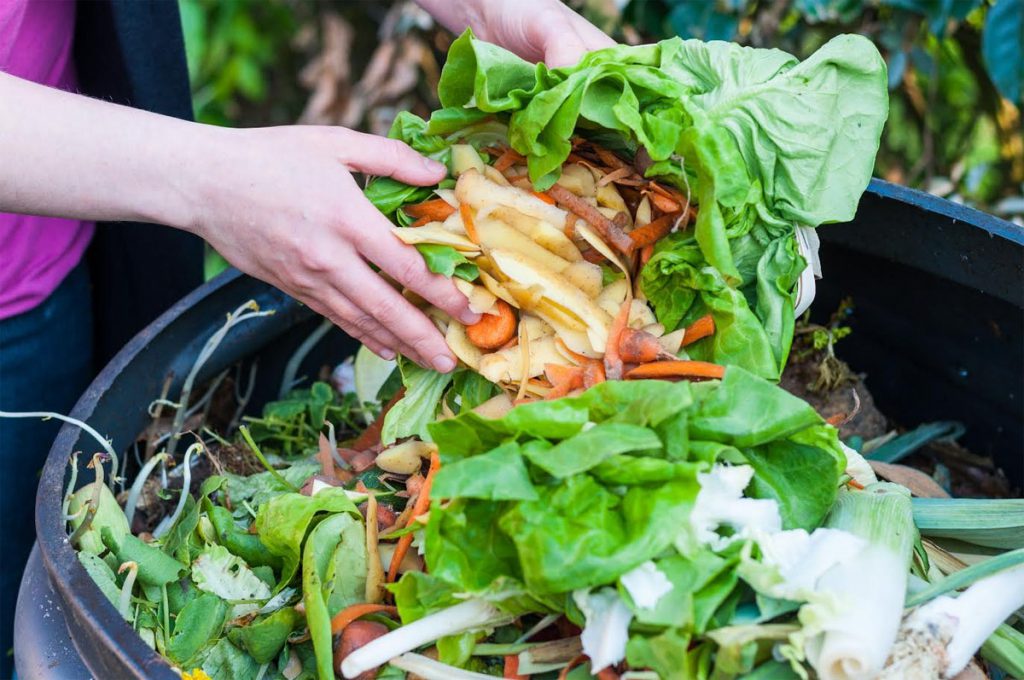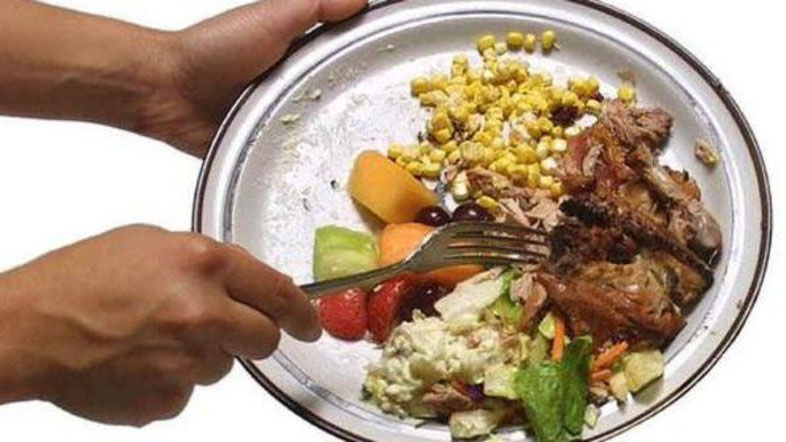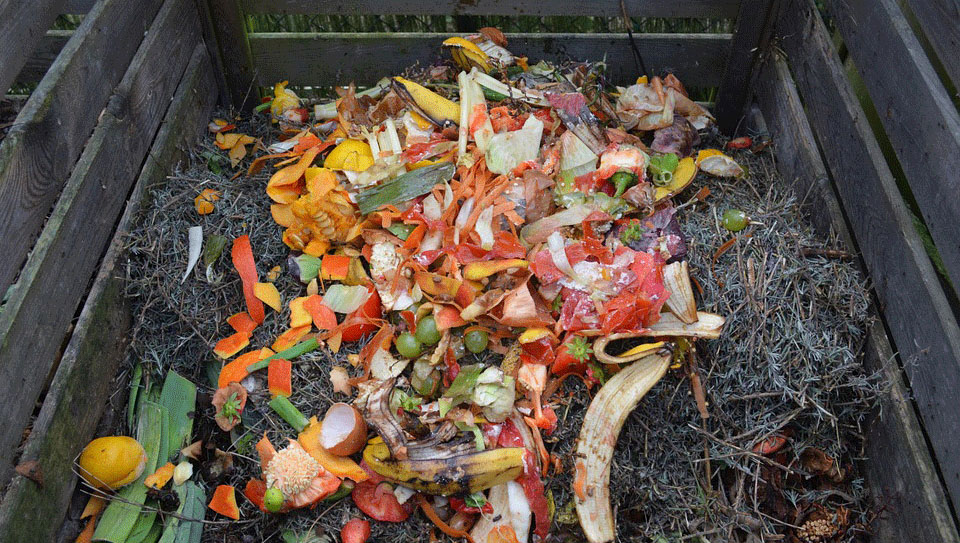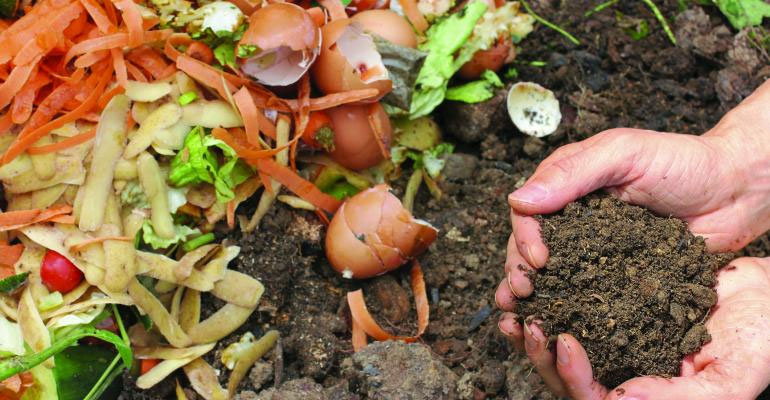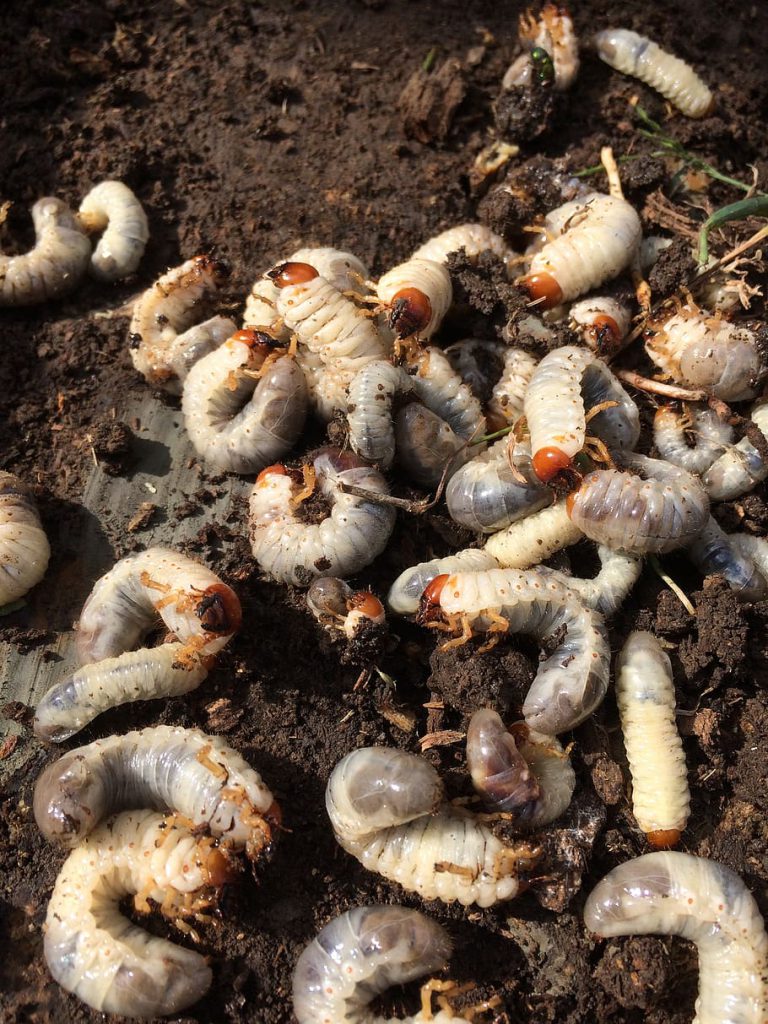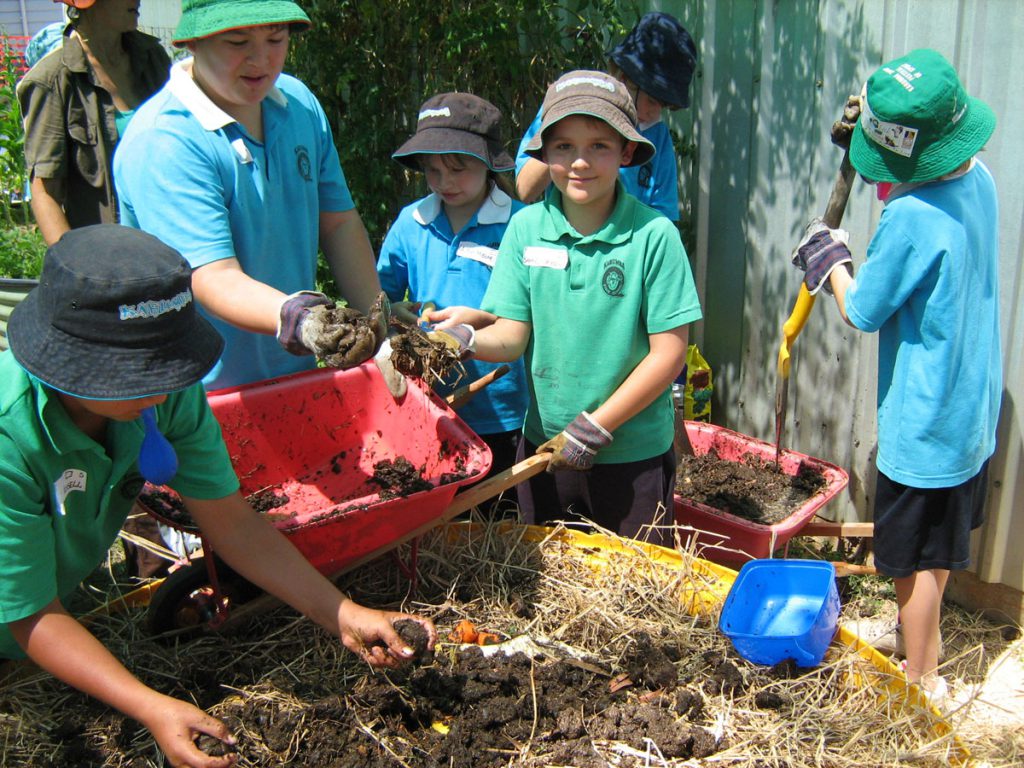Fertilizer from Garbage! Let’s look at garbage from a new perspective!!!
How much money do we throw away with our “garbage”?
How can we make use of our garbage?
Which materials can we recycle and which can we use?
What is household garbage?
From the plate to the trash go money and valuable materials
We have bought a delicious Greek cheese and at the store or supermarket they have wrapped it in a nice paper. We’ve put it in our cart, paid for it at the checkout, brought it home and after putting the cheese in the Tupperware, the paper has turned in our minds into… yucky garbage.
We bought, cheese, sausages, pastrami, etc. After we consumed the product, the paper on the packaging also became in our minds… garbage.
We bought vegetables from the market or pick them from our garden. We brought them into the house to cook them or make a salad. We cut them up and cleaned them. What was left over we saw in our minds as… yucky garbage.
We bought our soda or beer. We enjoyed the contents and then the packaging became in our minds… yucky garbage.
We bought the soda or water in the PVC plastic bottle. We drank the contents and then the packaging became… garbage.
Remember that you can return the glass bottles of beer, water, etc. and be reimbursed? Over 0.13 Euro is the profit for each glass bottle! May I remind you that we have paid for it with the purchase price?
The leftovers (organic, animal and vegetable, residues) have also become garbage! We put it in the garbage bag to go to the rubbish dump.
Do we forget that every time we buy something we have paid for its packaging?
Do we forget that every time we throw away a ″garbage″ and don’t use it, we are literally throwing our money in the trash?
We throw it away twice! Once because we have already paid for it and a second time because if we don’t use it, we will have to pay for it again!
What can I do with organic garbage?
Both vegetable and organic waste can be turned into fertilizer for your plants.
Plant waste
How much plant material do we throw away in the trash every day?
We can use organic plant waste to make compost, a valuable fertilizer for our plants.
If we have a garden, it’s very easy. It’s easy even if we live in the city, by placing a composter on our balcony.
Compost is an excellent quality natural fertilizer. By utilizing your garbage to make compost, you win threefold.
- You do not pollute the environment with your waste
- You save money by buying less compost
- You will have stronger and healthier plants that will produce more
Plant waste becomes compost and fertilizer
What plant ″trash″ can we use to make compost?
- Vegetable, fruit and grass clippings
- Dry leaves
- Banana peels
- Stale bread
- Coffee residues
- Tea leaves
- Cereals
- Flour
- Rice
- Hair
- Nut shells
- Egg shells
- Pits (all pits, e.g. from olives, fruit)
- Ashes from the stove or ash from the stove or bag
- Chopped prunings
- Old soil
To learn more about compost see the article: Compost – Home Composting – Composting at home
To make a garden compost bin with simple materials, see the article: Make a compost bin for less than 6 Euro.
To buy composting bins, just do a search on the Internet and you will find many options for both your garden and your balcony in the city.
Animal waste
How we manage animal waste
Animal waste is bones, meat, milk, animal fat.
If you have a garden, you can dig holes in the soil and pour it in.
Choose an area of the garden large enough to fit up to a total of 8 pits.
In each pit you pour in the animal waste for 3 months. Each time you pour animal waste, add a layer of soil on top to cover it.
Continue this process for 3 months.
At the end of the 3rd month you close the pit completely and move on to the next one. Mark the closed pit with the date of closure.
You will open it again after 2 years to get the valuable fertilizer! The soil enriched with organic and inorganic compounds. In the intervening two years, bacteria, microorganisms and insects will have decomposed the animal waste into basic compounds useful to plants. They will have made a good fertilizer.
If you live in the city, you clearly cannot dig pits on the balcony or terrace.
If you are lucky, your municipality will have brown bins where you can drop animal waste. The municipality collects the contents of the bins and takes them to special facilities where they are composted and fertilizer is produced.
One such municipality is the municipality of Vrilissia in Athens, Greece. In Vrilissia the municipality has placed many brown bins in various streets. In June 2017, it had also organized a workshop on the subject.
Recycling of aluminum and PVC packaging
In Greece, you can recycle aluminum and PVC packaging at special recycling houses. For every 33 packages, you get 1 Euro back!
You will find the recycling bins in many areas of Athens and other major cities.
You can keep some PVC bottles to use in the garden. As a protection for new plants, to make traps for stink bugs, use them as containers for growing offshoots.
Recycling paper packaging
You can keep the paper to use as tinder on the fireplace or stove.
You can also use the paper for ground cover to prevent weeds from growing.
Supermarket packing papers from the supermarket have a thin plastic film embedded that comes in contact with the food. It is advisable to remove it. It is easy.
Tags: COMPOST • COMPOSTING • TRASH • TRASHES

